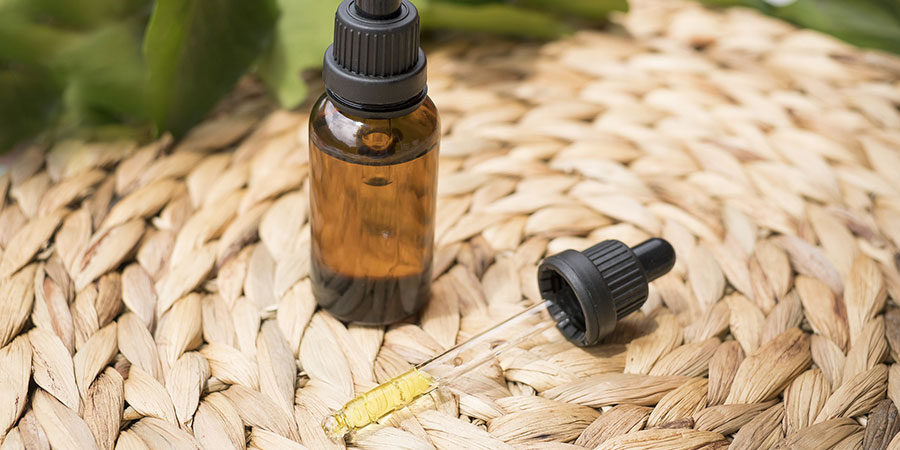Can Minors Use CBD Oil in Canada? - ROPFO
-
Can Minors Use CBD Oil in Canada?
Cannabis use for recreational purposes became legal in Canada in 2018. The Cannabis act introduced by the federal government made CBD oils from government entities and licensed growers legal under stringent regulations. The Cannabis act regulates compliance with essential CBD products, including production, processing, distribution, and sale. For those seeking alternative experiences, the market has expanded to include Delta-9 gummies, offering a flavorful and discreet way to explore the effects of different cannabis compounds. Although medical cannabis has been legal since 2001 in Canada, CBD laws differ from one province to another. This disparity makes tracking CBD laws somewhat tricky.
Unlocking the Healing Potential of CBD
One substance derived from cannabis that stands out is cannabidiol (CBD), which does not have the same euphoric effects as THC. Since CBD doesn’t contain THC, it is a non-psychoactive substance and an interesting candidate for medical study. Its diverse forms enable easy ingestion, prompting investigations into its pain-relieving properties and potential applications in treating chronic pain, anxiety, OCD, autism, seizures, and childhood cancer.
The Various Healing Benefits of CBD
Additional investigation into the medicinal potential of CBD reveals that it has anti-inflammatory qualities that have drawn interest in treating ailments like arthritis. Research on the compound’s potential to lessen neurodegenerative illnesses like Alzheimer’s is still ongoing. The growing knowledge of CBD’s adaptability highlights its importance in a range of medical applications, opening the door for novel therapies and treatments.
Navigating Legalities – CBD and Minors
The legal landscape in Canada around the use of CBD is complex. The legal age in each province to consume CBD oil is different; in Alberta, it is 18, in Quebec, it is 21, and in the other provinces, it is 19. Up to 30 grams of cannabis may be owned or shared by an individual; however, only authorized private retailers, government-run establishments, or internet retailers are permitted to sell CBD oil.
The popularity of CBD is also affecting younger patients; researchers at Toronto’s SickKids hospital are testing safe dosage ranges for kids with epilepsy. Setting these boundaries gives parents and kids hope by ensuring their safety and creating opportunities for pediatric patients to have their seizures lessened.
Legal Restrictions and Penalties
The Cannabis Act places strict restrictions on CBD products to protect minors. Producing or packaging goods that might appeal to children is prohibited, and strict labelling guidelines are in place to discourage use by minors. The possibility of self-service machines is eliminated because CBD products can only be sold through authorized retailers. Promotion in places where minors can see it is likewise forbidden, and infractions carry harsh consequences, such as up to 14 years in jail.
The lack of a thorough research framework is the reason behind the restrictions placed on CBD products for minors. Even though CBD is thought to be generally safe, its long-term effects are still unknown. The majority of the research that has been done so far uses pure CBD compounds, which raises questions about the validity of the findings. Another level of uncertainty is added by the fact that extracts of the compound are frequently used in commercial CBD products that are on the market. Insufficient regulation exacerbates the problem by asking consumers to trust manufacturers who lack defined guidelines.

Challenges in the Regulation of CBD Products
The use of potentially dangerous chemicals and artificial compounds in some CBD products complicates matters and puts consumers at risk. Knowing the full extent of CBD products’ safety for minors is crucial as the industry struggles with contradictions and ambiguities. It is crucial to create a strong regulatory framework supported by thorough research to guarantee the safe and responsible incorporation of CBD into wellness and medical practices.
Conclusion
In summary, even though CBD has the potential to treat a wide range of illnesses, the legal and regulatory environment still needs to be carefully considered. To fully reap the benefits of CBD while also protecting the most vulnerable groups, especially children, cooperation between researchers, regulators, and industry stakeholders is necessary. A safer and more efficient incorporation of CBD into medical treatments will be made possible by responsible practices and evidence-based regulations, as the scientific community continues to uncover the complexities of this compound.

